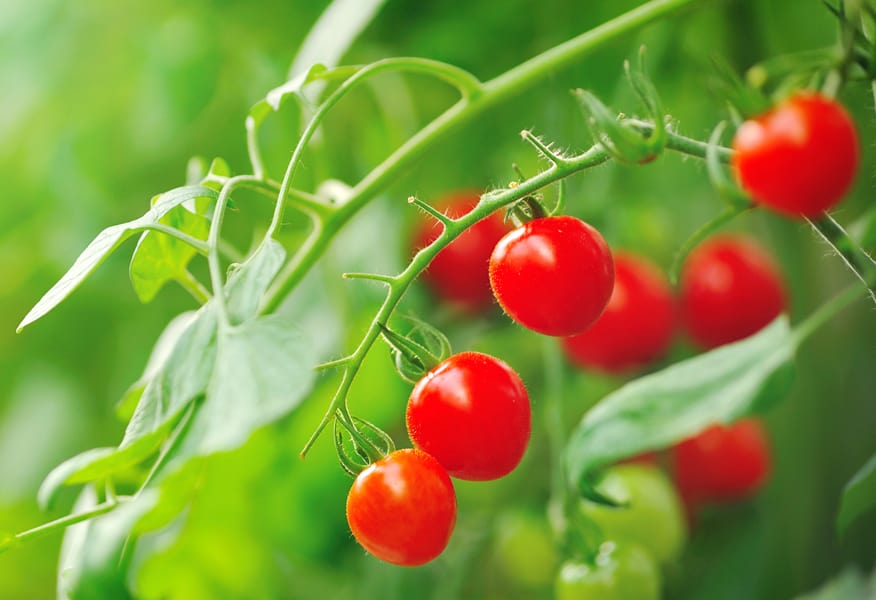
Organic Farming: Limiting the Use of Fertilizers and Pesticides
Organic farming has many benefits both nutritionally and environmentally. As an agricultural system that limits the use of fertilizers and pesticides to only those of organic origin. The lack of chemicals means the food it produces is relatively free of toxins harmful to human health. It also allows for the preservation of nutrients in soils that are necessary for the life and development of thousands of insects and plant species. As a result, farmland increases its fertile life span across generations unlike industrial agriculture, which quickly where arable land can quickly become poor.
Fungal Infections
One of the organic farming’s major challenges however is fungal infections. When it comes to battling fungi, organic farmers have a limited spectrum of treatments available. The problem with fungal diseases, especially when it comes to organic agriculture, is that once fungal infections take hold of a crop, their reappearance in subsequent seasons is very likely. Even when infected plants are destroyed. This can happen because fungal spores are capable of overwintering in soil and sometimes overlooked infected foliage also contaminates the soil. This will cause the soil to effectively become a reservoir of fungal infections for years.
One solution, the Bordeaux mixture – a solution of copper sulfate, lime, and water – has been used since the 19th century to control fungal infections of vegetables, fruit, nuts, trees, and ornamental plants. While various copper solutions and powders have been used for centuries to control diseases in plants and trees.
Today, the Bordeaux mixture is used particularly in grapes, potatoes and sugar beet crops. Historically, these copper mixtures were sprayed repeatedly, up to several times per season, and in huge amounts (e.g. 500g per hectare per application). More recent products have allowed farmers to use 150g per hectare per application but this still represents a large amount of copper.
Solution to disease control in plant and soil contamination
But what if we could reduce the number of applications and copper needed to just 1 or 2g per hectare? Wouldn’t that be amazing?
An organic-friendly solution that is itself naturally occurring, is chitosan; a derivative of chitin the second most abundant polysaccharide. Both as a stand-alone product or in combination with other polymers, limiting the use of fertilizers and pesticides. Chitosan has been extensively used in agriculture since it possesses both antifungal and antimicrobial properties. However, its inherent characteristics such as its limited solubility, high viscosity, and degree of variability restrict its use.
Novochizol™, a new molecule inspired by chitosan but with none of its limitations is a promising new advent to organic agriculture. The Novochizol™ transforms linear chitosan into pure chitosan cross-linked globular particles, which overcomes the limitations of chitosan. It also enhances its existing beneficial properties while displaying new properties. Novochizol™ nanospheres can be loaded with copper sulfate loads. These nanospheres are sticky and deliver its cargo through a sustained release mechanism (meaning that their copper loads aren’t released all at one). The Novochizol™ itself may also elicit a plant defense mechanism that in turn also helps the plant by bolstering its ability to ward of fungal infections. In addition, the nanospheres are sharp and can also act as a mechanical deterrent to snails and other organisms.
Summary
Novochizol helps organic farmers keep their crops healthier.
The use of Novochizol nanospheres laden with now far less copper allows for better and healthier, fungus-free crop growing. Moreover, it will limit the harmful effects copper may have on the soil and on human health.




